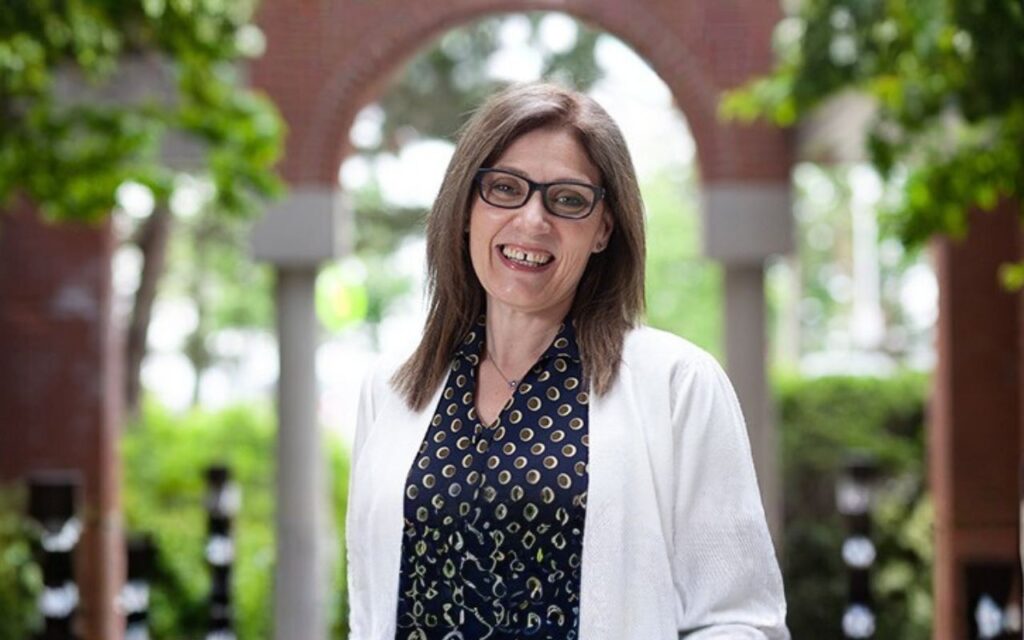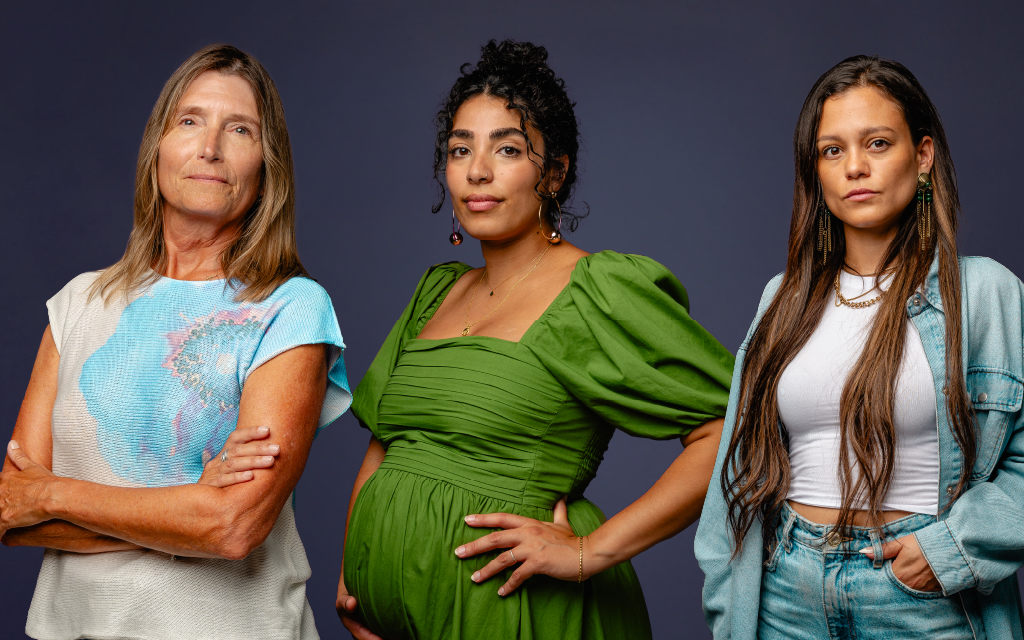
Some careers seem written into a person’s DNA, stitched into their story long before they ever choose a path. For Suzanne Madore, that was the case with healthcare – a calling she later built on through her studies at Algonquin College and a lifelong career dedicated to caring for others.
“If you look back at my childhood journalling books, as far as you could go back, every year but one, I wrote that I wanted to be a nurse when I grew up,” she said. “I’ve always been driven by compassion as well as science, so it was the perfect mix of heart and head.”
Looking back, she admits that her path may also have been influenced by her grandmother, who often expressed her hope that there would one day be a nurse in the family.
“I was very close to my grandmother, so whether it was subliminally or outright, she probably inspired me to head in that direction,” she laughed.
That early certainty followed Madore throughout her school years, eventually leading her to Algonquin College’s Nursing program in Pembroke, from which she graduated in 1990. It was at Algonquin that Madore first learned not just the science of nursing, but the collaborative approach that would guide her leadership decades later.
“I loved all the clinical placements, being in the hospital environment… it felt exactly like what I had envisioned,” she said, adding that the teachers she had throughout the program left a lasting impression. “My time there was so rewarding and everything I could have hoped for. The teachers were all so great and so supportive. I would not be here without them.”
What Madore didn’t anticipate was how her career would evolve. While nursing was always the plan, leadership was not. Yet over the next three decades, her path would expand far beyond bedside care, bringing her into frontline management, executive roles, and eventually into the CEO’s chair.
“I went into leadership because I wanted to make a difference,” she explained. “At first, I thought it was about empowering nurses’ voices, but I quickly realized it wasn’t about ‘us and them.’ The real impact came when we all worked together – nurses, physicians, PSWs, clerical staff, housekeeping – everyone contributing to the well-being of the patient.”
Madore spent much of her career at The Ottawa Hospital, serving in senior roles like Chief Operating Officer and Chief Nursing Executive, before moving on to now lead two hospitals in the Ottawa Valley – Renfrew Victoria Hospital and St. Francis Memorial Hospital in Barry’s Bay. Her new role comes at a moment when healthcare faces some of its most significant challenges – and opportunities – in a generation. It’s a big task, but it’s one Madore says she’s ready and willing to take on.
“There’s still so much work we can do,” she said. “We have the opportunity to impact so many in a positive way, and that’s why I’m here. I haven’t finished what I set out to do all those years ago.”
Lessons learned and looking ahead
Three decades in healthcare have given Madore no shortage of hard-earned lessons – many of which she says have come directly from her patients.
“I learned way more from them than I ever taught them,” she remarked. “Everybody’s an individual and gets to decide their path. My role was to listen, to provide information, to empower them to make their own decisions.”
Those early learnings at Algonquin, and later as a frontline nurse, continue to shape her approach to leadership today. For Madore, the patient is always at the center, but it takes a united, well-supported team to deliver the best care.
“Ultimately, it doesn’t matter if you’re in a small hospital, a big hospital, or a community clinic – we all need to be aligned on the same goal,” she said.
Along the way, she also learned the importance of managing stress and protecting her own well-being. Working many years in cancer care, and in a high-pressure hospital environment, she confronted burnout and compassion fatigue firsthand.
“You have to find what works for you,” she said. “For me, it was leaving work at work. I could help support my team and my patients during the day, but when I went home, I had a life to live. That division allows me to be fully present, both at work and at home.”
That balance, coupled with her collaborative approach, is especially critical now as healthcare faces mounting pressures: staffing shortages, resource strains, and rising patient demand. But Madore remains optimistic, pointing to research, innovation, and technology as powerful tools to help teams work smarter.
“We need to rethink how to keep people out of hospitals in the first place,” she explained. “We’ve always known prevention is key, but we haven’t invested enough in it.”
She’s equally excited about the promise of new technologies, from stem cell therapies to artificial intelligence, which have the potential to improve early detection, treatment, and access to care.
“When you look at the evolution of technology and evidence even within the time of my own career, it’s pretty amazing,” she said. “The key is embracing these tools wisely, using them to support our teams, and ultimately improve care for patients.”
A return to roots
With over a year under her belt in her new role, Madore’s return to the Ottawa Valley feels like more than a new chapter – it’s a homecoming. Growing up in Deep River and starting her career in the hospitals in Pembroke, she was more than happy to return to her roots.
“I like to joke that I almost have the whole valley covered,” she laughed.
It’s also proof that while you can’t always predict where your career will take you, sometimes it brings you full circle, reminding Madore of her early days at Algonquin College and reinforcing why she is so passionate about guiding the next generation.
“Think about what you get to achieve and the reward that you get every single day knowing you’re changing lives and making such a difference,” she said. “There is simply no other career that can achieve the same.”








